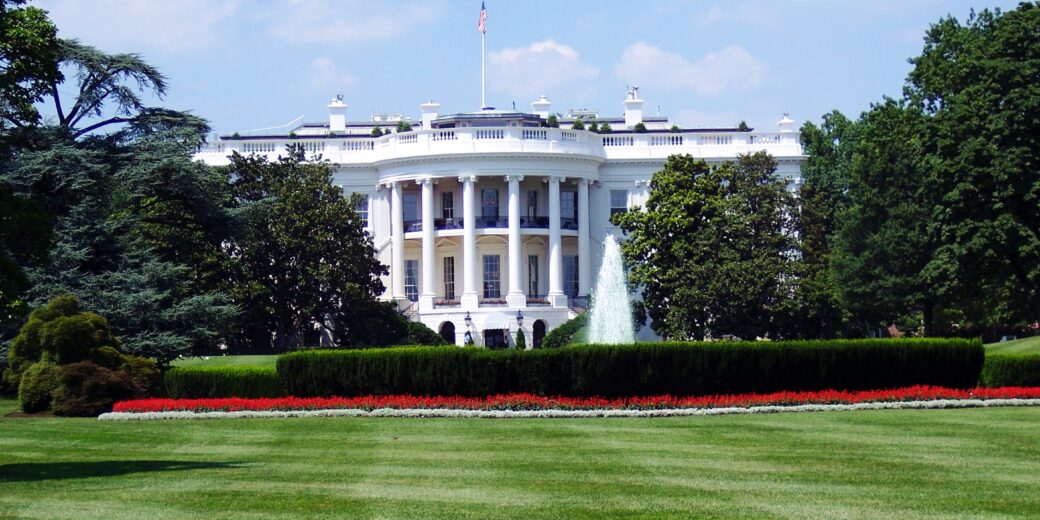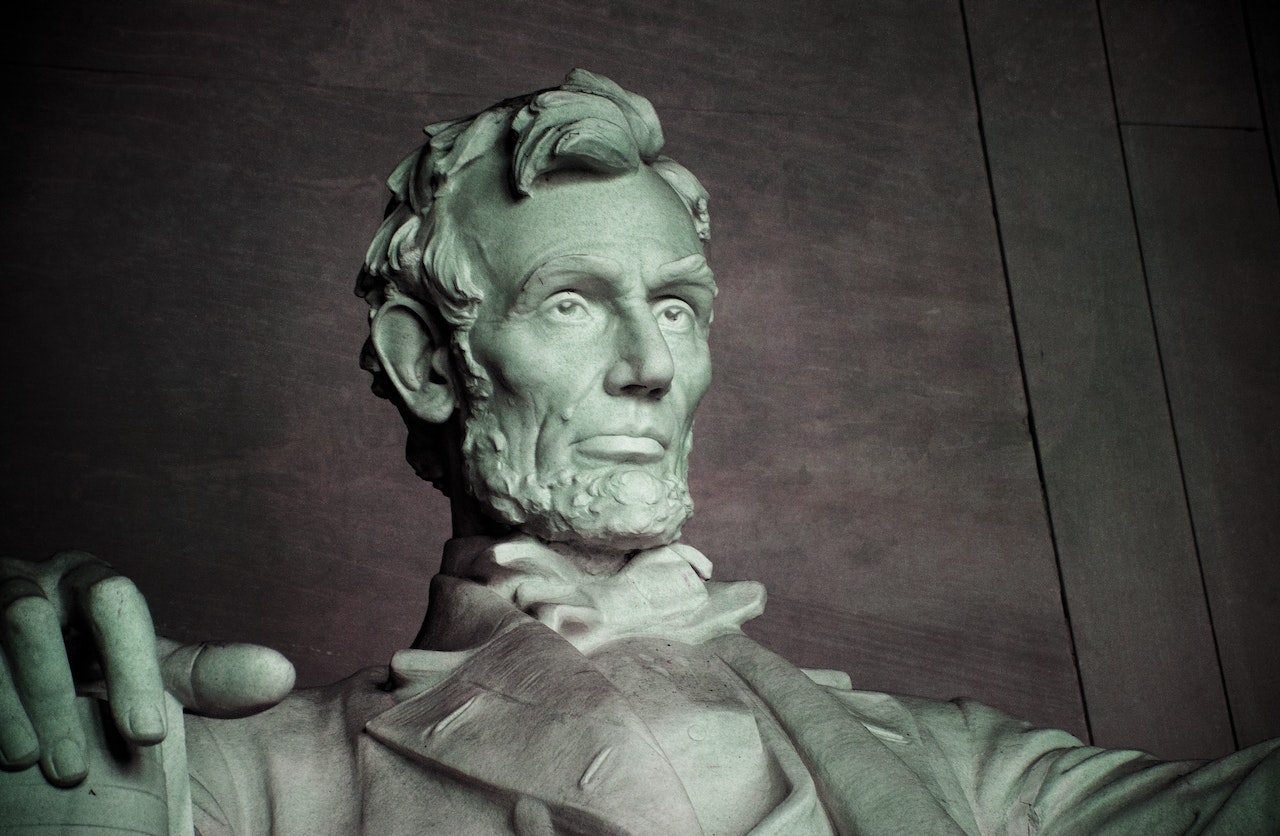The Influence of Leadership and Government on the Global Economy

The death of Queen Elizabeth II at 96 on September 8, 2022, leaves the U.K. and the world in a transitional state. As a global economic leader, Britain is entering a period of mourning and royal and political transition during a turbulent economic time.
The United Kingdom is facing economic uncertainty, dangling on the brink of recession with national sentiments diminishing. However, as trying as the future might be for the country, what are the repercussions for the global economy? How will an economic crisis abroad affect the U.S. domestically?
Globalization and Economic Integration

The initial elements of globalization occurred early in human and industrial development. As societies began to trade products and resources, they entered an interconnected economic relationship, one that influenced further growth and development.
Today, globalization is more prominent than ever before. The U.S. has trade partners all over the globe. The digital era also makes it easier for countries to sell domestic goods internationally, meaning economic influence comes not only from organizational development or business partnerships but also from consumer preference.
The interlinking of economies through trade, development, and digital marketplaces increases the susceptibility to market shifts. Economic crises no longer happen in a vacuum. The housing market collapse of 2008 is proof of the global impact of economic struggle, especially among economic leaders.
The death of Queen Elizabeth II might not change much economically on a global scale. Still, potential economic and fiscal policy changes orchestrated by the newly elected prime minister Liz Truss, the self-proclaimed "disruptor-in-chief," can lead to repercussions spanning well beyond Britain's borders.
Leadership and Economic Consequence

Democratic nations have more checks and balances to protect the economy against singular viewpoints, meaning a shift in leadership in countries like the U.S. or U.K. will not definitively result in economic strain or tension. However, autocratic governments or authoritarian regimes, such as those found in Russia and China, can influence the economy on a whim. The minimal checks and balances in place to restrict a singular influence mean leadership in such countries can act without merit or recourse, as the world witnessed and continues to witness with the Russian invasion of Ukraine.
Unfortunately, the strength of autocracies and the decline of democracies have been a growing trend in recent years. According to one annual report, 2021 saw the lowest levels of democratizing countries since 1978. Autocratic regimes continue to evolve, depending on polarization and misinformation as strategies to influence domestic populations.
Autocracies can place a significant strain on the global economy. Brash decisions from unchecked leaders result in financial hardships reproduced on a massive scale. Therefore, while a single leader in a democratic nation might not unduly influence the economy globally, the same cannot be said for autocratic governments, especially those representing a significant portion of global trade and influence.
The U.K. and the world currently mourn the passing of Queen Elizabeth II. While her death is a significant loss, the transition to King Charles III does not automatically indicate global economic trouble. However, if Britain's economy continues to teeter toward a full-blown recession, that could result in larger economic consequences.
Ultimately, the influence of a single leader on the global economy boils down to checks and balances. In democratic nations like the U.S., the president does not affect much change in the economy, but in autocratic countries like Russia, a leader can cause immediate economic turmoil with sweeping consequences across the globe.
